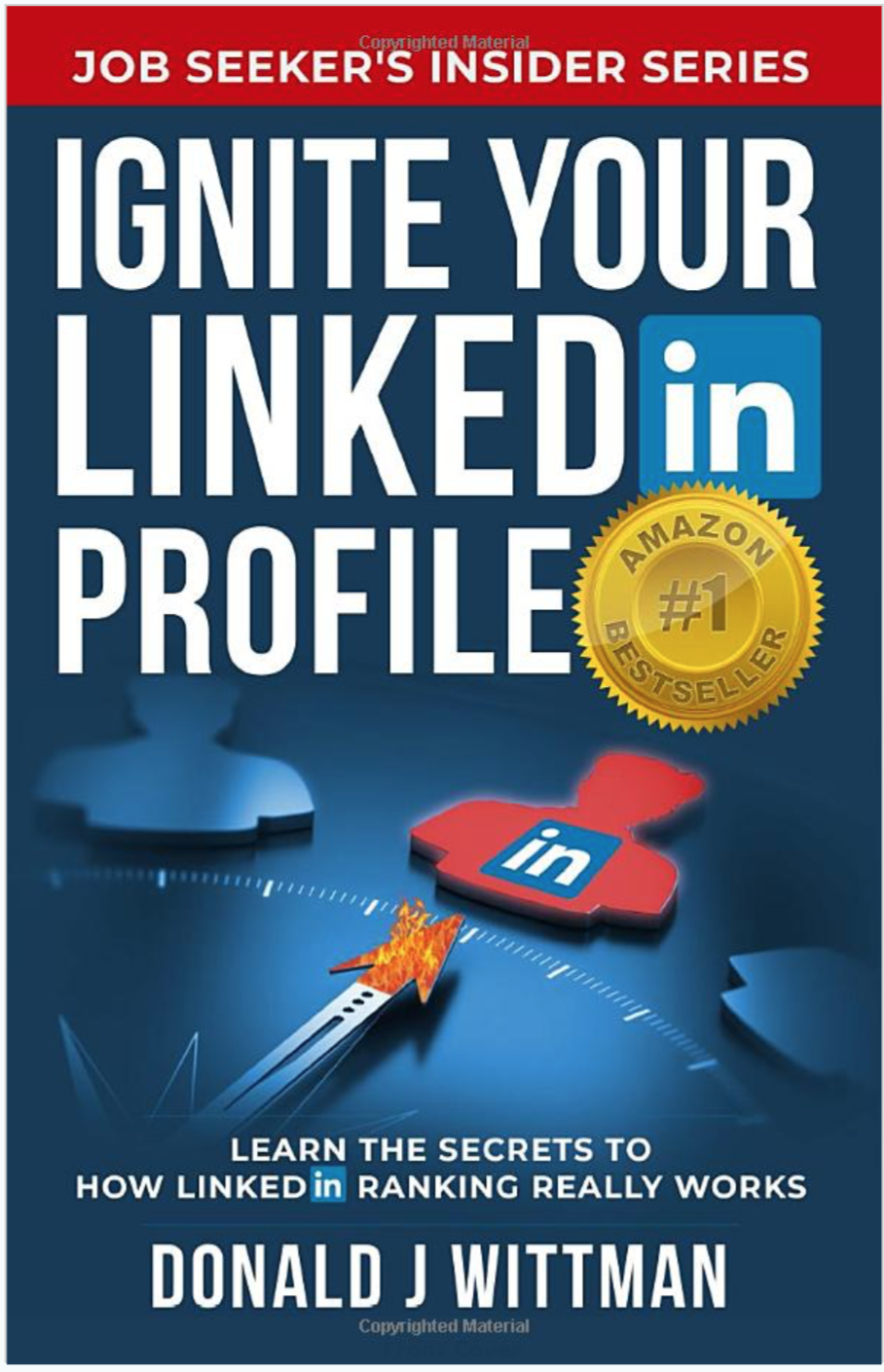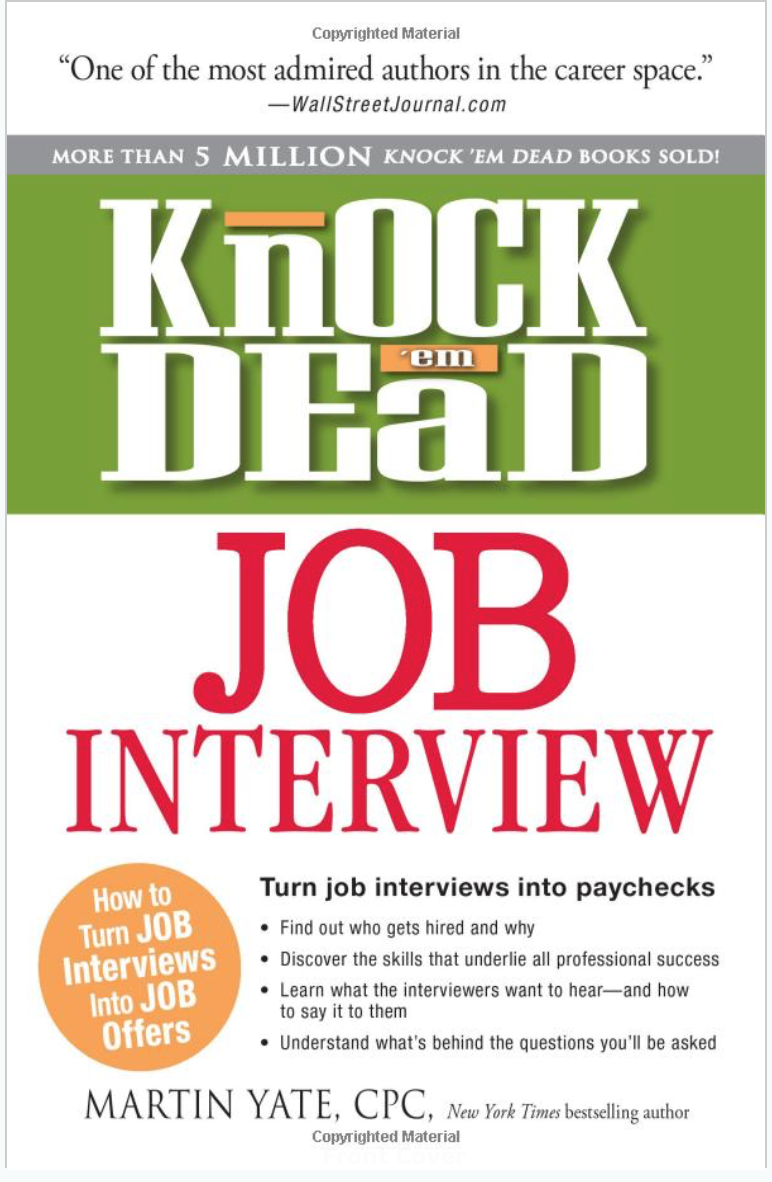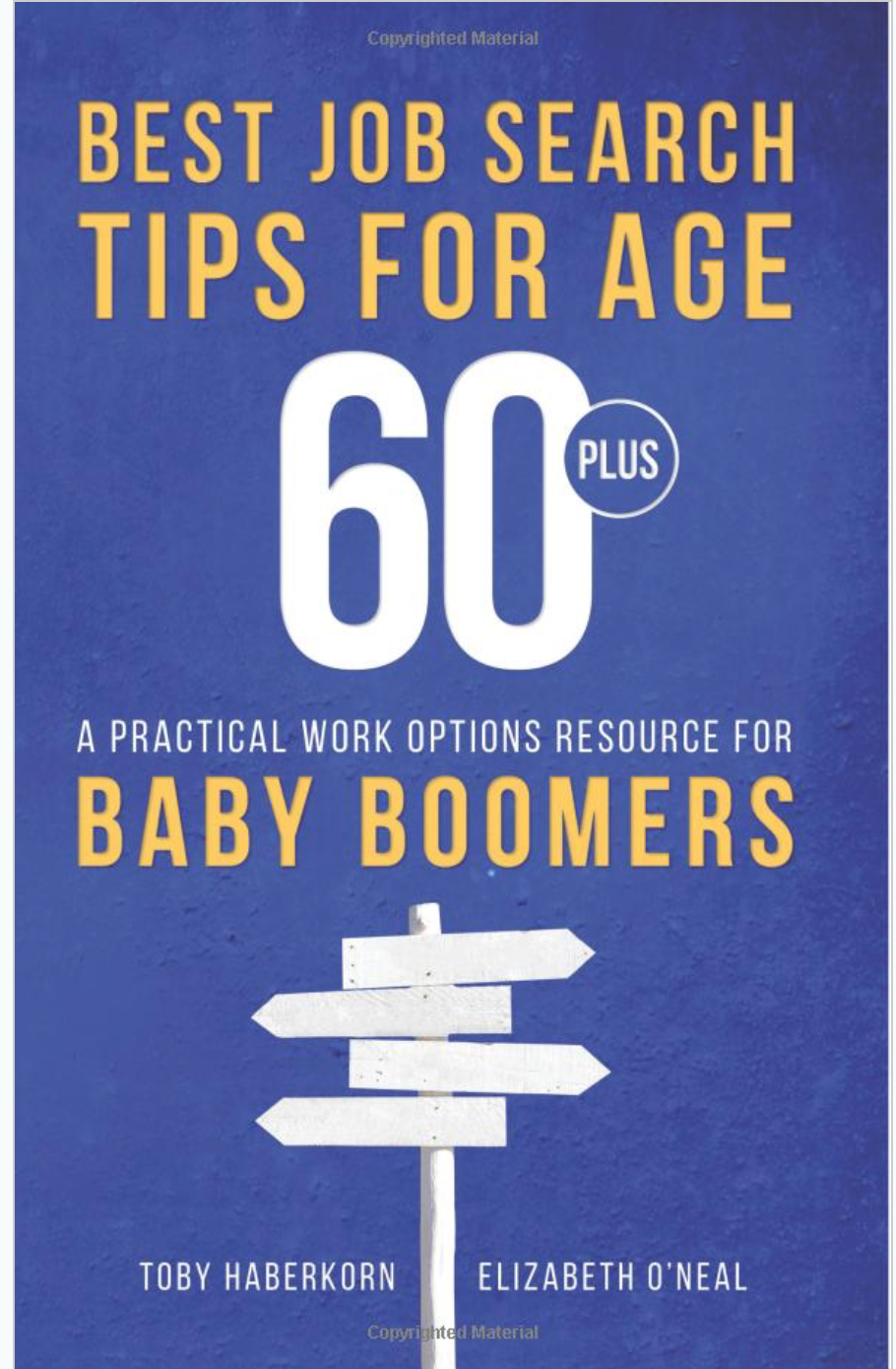Invest your unemployment time in your employment strategy
If your job has been lost to the devastating economy lately, I’m sorry. It’s never a good time to be suddenly out of work, but when an economic crisis hits millions at once, the prospect of ever working again may seem hopelessly dim. You probably have questions or just throw-your-hands-up-in-the-air statements of frustration and bewilderment. I know; I’ve been there.
But your most precious resource, in good times and bad, is time. And if you’ve just lost your 40-hour-a-week job, you’ve just gained 40 hours per week to devote to your employment search. Use that time wisely, not only by scouring the job ads, but by learning how to plan your comeback.
There are plenty of resources available to help you navigate the next stage of your career, some of which I’ve collected below, with links so you can learn more (full disclosure: I haven’t read them all, so this is not an endorsement; just me saying “This might be helpful in your situation”). They won’t all be relevant to you, but I’m sure at least some will provide new perspective, ideas, and strategies that can help propel you to the next step in your career—or a new career altogether. If you have questions, these books may have the answers.
“Where do I even start?”
What Color is Your Parachute?
One of the top-selling books for job hunters, this book isn’t just about the hunt. It’s about planning your career and finding a career that works for you. If you’ve been working at a job for years because it’s the one you happened to fall into, this book may help you turn a layoff or furlough into an opportunity to reset your career and end up someplace you truly want to be.
“I need a job, but I’m done with the 9-5 grind.”
Work From Home While You Roam
Forget, for a second, the fact that this isn’t a good idea to be roaming anywhere right now, lest you wander into a quarantine zone and can’t get home for 14 days. Being let go from your previous job may, in fact, be an opportunity to find a new kind of job, one that lets you work from home. This year has laid out more plainly than ever why those who can work remotely have advantages over those who can’t, not only because of the convenience of a 10-foot commute from your bedroom to your den, but working from home instantly solves concerns about getting sick from colleagues or how to take care of your kids when school is closed but your office isn’t.
“I know I should use LinkedIn, but I just don’t know how.”
Ignite Your LinkedIn Profile
Think of LinkedIn as your online résumé, networking event, and autobiography all at once. If you don’t have an account, I highly suggest you set one up before you launch your job search, because I can guarantee your fiercest rivals who are competing for the job you want have already done so. Don’t know where to start? Start here. This is a comprehensive resource that will take you through setting up your profile, allowing you to take full advantage of the features that will stand out and highlight your best qualifications.
“I’ve had a few interviews, but no call-backs afterward. Why not?”
Knock ‘em Dead Job Interview
I can help you with your résumé, your résumé can get you the interview, and the interview can get you the offer. Unfortunately, the interview is where a lot of people freeze up. Put on the spot and asked to justify your belief that you would be a great addition to the team, you may feel intimidated, especially if you haven’t been interviewed in years. You have one opportunity to get it right, but you don’t even know what to expect when you meet your interviewer. Fortunately, there are a number of books out there dedicated specifically to the interview, which questions you will be asked, and how to answer them (as well as questions an employer isn’t allowed to ask, and how to handle that situation). With good preparation, you can turn the interview into an offer.
“I’m too old to start over, but too young to retire. Will anyone hire me?”
Best Job-Search Tips for Age 60-Plus
First off, the answer to the question above is Yes. When you meet your interviewer, there is no hiding the fact that you’re no spring chicken, and you may need to adjust your strategy, but your experience is a sellable asset. This book can show you how to package yourself as someone with value to offer, and guide you in making sure you have the necessary skills and tools to compete in a young person’s world.
“All my experience is in this field, but I don’t want this anymore.”
Switchers: How Smart Professionals Change Careers—And Seize Success
It may not seem like it, but being unemployed is an opportunity. You’ve been forced out of one job, but there’s nothing that says your next one has to be a continuation of the previous one. To forge a brand new career path, identify transferable skills that will provide value to the employer you’re trying to woo. Switchers is written for people who want to trade up, and promises to show you how to strategically network, hunt, apply, and interview in a way that will get you through a door you never realized was even open to you.
“I’m in the Army, and I get out next month, so how do I apply military skills to finding a civilian job?”
The 20-Minute Networking Meeting - Veterans Edition
I often get calls from service members getting ready to make the transition from active duty to civilian life. Having never worn the uniform myself, I don’t pretend to know about the unique challenges this situation brings. This book specifically addresses strategies for establishing and building professional contacts outside of the military.







